We realise that you might have lots of questions. Don't worry, people always do. Here's a list of frequently asked questions and answers to help you.
What is an orthodontist?
A dental specialist that has completed a program of full-time postgraduate study that deals with the diagnosis, prevention and treatment of problems with the alignment of the teeth, bite and jaws.
What is the best age for treatment?
That depends of the reason for treatment. Often children will benefit from a short and relatively simple and inexpensive treatment to avoid more complex problems later. Some children need to be dentally mature (early adolescence) before being ready for treatment. Adults can be treated at any age provided that their dental health is adequate.
Are some types of treatments better than others?
This depends on the treatment requirements such as the type of tooth movement, or bite considerations. Often there are choices of various brackets, for example “clear” ceramic brackets or metal brackets, or brackets place on the inside of the teeth (mainly for adults) and the options of removable “plates” or removable clear aligners. Due to superior control and precision fixed braces are often superior in more complex cases.
How often do I need to brush my teeth with braces
For at least an extra minute in the morning and at night to maintain healthy teeth and gums. A quick brush after meals such as lunch helps to remove food along with vigorous mouth rinsing with water.
How much does treatment cost?
This depends on the length, complexity and type of treatment (such as braces, aligners, removable “plates”) and there may be options to consider with different treatment aims and varying costs to consider. The advantages and disadvantages of any options along with the differing fees will be discussed with you with honesty and transparency. Some treatment can be surprisingly straight forward and inexpensive with payment plans available at no extra cost.
Should I join a health fund?
Everyone should consider their own (or families’) situation but as orthodontic treatment is often anticipated or is elective health funds generally have a long waiting time after joining before paying benefits.
“Some treatment can be surprisingly straight forward and inexpensive with payment plans available at no extra cost.”
How much do health funds rebate for treatment?
This varies widely. We will provide you with a quotation and item numbers to enable you to determine the rebates from your fund.
How long does treatment take?
This varies according to the type and complexity of treatment. Common times for more complex treatments with braces is 18-24 months. Treatments for younger patients using plates can often take 6-12 months.
What shouldn't I eat with braces?
Hard sticky lollies should be avoided as they can cause breakages. Hard tough foods such as apples and raw carrots are best cut into small pieces.
Is speech affected?
Some types of plates can take a few days to get used to but the low profile of braces does not cause any problems with speech.
Can sports mouth guards be worn with braces?
Yes, there are options for mouth guards that are designed to work with braces that we can provide.
How often are adjustments made?
Every 4-6 weeks for most treatments. We provide before and after school times for appointments and some “after hours” times that can suit working adults.
What if something breaks?
With care breakages can be avoided but most are not urgent and repairs can be easily scheduled as required.
Will I get ulcers?
The modern design of braces minimises the risk of ulcers, however some people may be more prone to ulcers. There are materials such as wax that can be used to smooth over any areas to help ulcers heal. We will thoroughly explain this when the braces are fitted.
Will retainers need to be worn when the braces are removed?
Usually retainers are worn to prevent tooth movement. Various methods can be considered and will be discussed with you in relation to your specific treatment needs. The most common retainers are made of very thin clear plastic, are very comfortable to wear, and worn at night only.
Why should I use an orthodontist rather than a dentist for my treatment?
Some simple treatments may be competently handled by dentists, but in a similar way to medical situations more complex treatments are best treated by a specialist orthodontist. We practice orthodontics exclusively and have many years of experience. We can offer a full range of treatment options. We do not provide any other types of dental service as these are provided by your general dentists, or other types of dental specialists.





